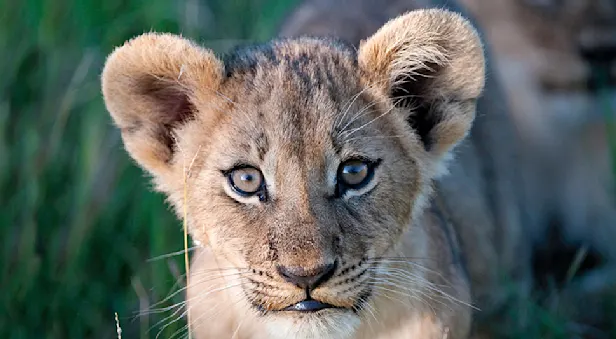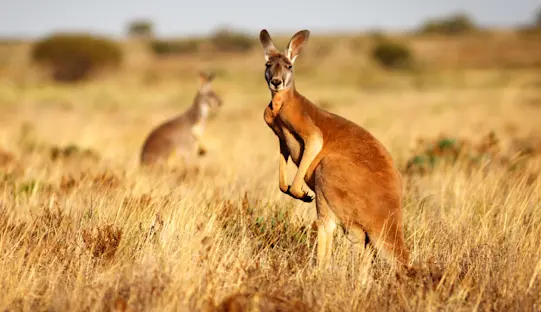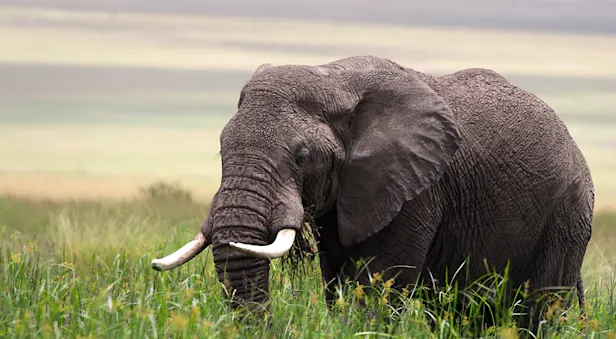Nat Hab’s Fully Electric, Off-Grid, Solar-Charged Safari Vehicle is Designed to Decarbonize, Innovate and Inspire
In late 2021, we began work on creating an Electric Safari Vehicle in Botswana's Okavango Delta to re-shape the carbon footprint of vehicles in Africa's safari industry. Our goal was to challenge the status quo, while also supporting new endeavors to convert older diesel Land Cruisers to new electric safari vehicles. We also sought to break barriers in vehicle charging by designing a solar charging station at an off-grid camp.
With the creation of our first electric safari vehicle, which came fully on line in our operations in 2023, Nat Hab is reinforcing our commitment to protecting the environment and inspiring our peers in the travel industry and beyond. This green innovation is part of our broader initiative to continuously elevate the game drive experience for a more immersive and sustainable safari.
Moving over the savanna in near silence, you are enveloped in the sights, smells and sounds of the wild. This extraordinary sensory experience is made possible by a formerly diesel-powered 4x4 vehicle that we’ve retrofitted by converting the internal combustion engine to an electric motor run on batteries charged by the sun. Our quiet, electric-powered vehicle allows for a near-silent approach to wildlife, enhancing our nature-viewing experience while reducing our carbon footprint. After returning to camp, our electric safari vehicle is plugged into a solar-powered charging station to recharge the batteries with renewable energy for another exciting adventure out in the bush.
We believe emission-free mobility is the future of environmentally responsible travel. We hope to inspire other safari operators to follow our lead by creating more efficient off-the-grid electric vehicle charging stations powered by renewable energy. The outcome is unparalleled wildlife viewing and an enhanced conservation travel experience.
There are many benefits to electric safari vehicles, including:
Reduced noise levels for wildlife watching
Quieter game drives that highlight the sounds of the African bush
Improved performance and reliability
Moving toward decarbonized travel, lessening our impact on the climate
Training the next generation of technicians from local communities, to learn to repair and maintain solar arrays and electric vehicles in Africa
Experience Nat Hab's Electric Safari Vehicle on These Trips

Botswana: Kalahari, the Delta & Beyond
Witness the spectacle of Botswana during the green season under changing skies, as the desert bursts forth with life, wildlife thrives with seasonal water, and new births fill the plains.



































